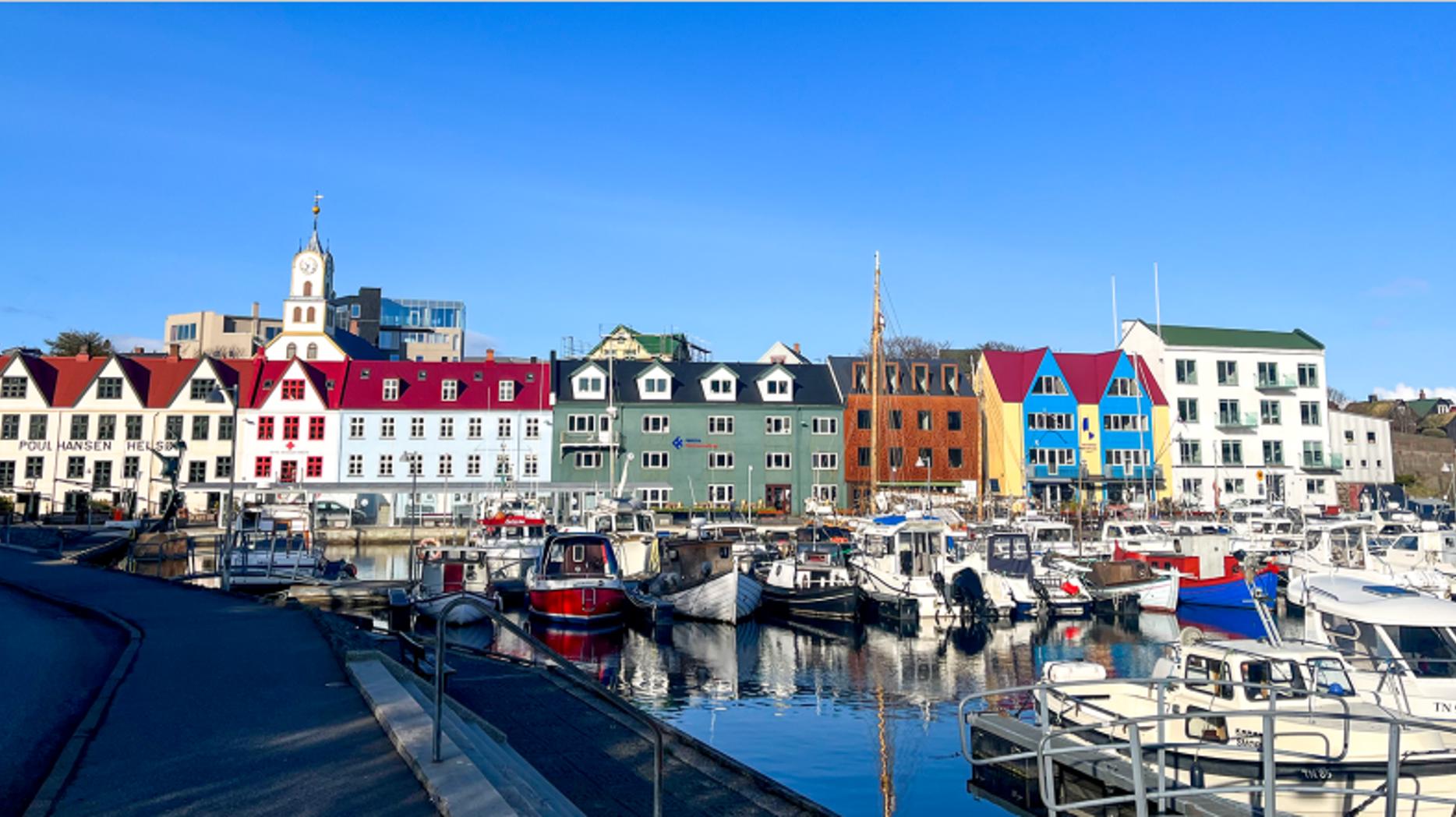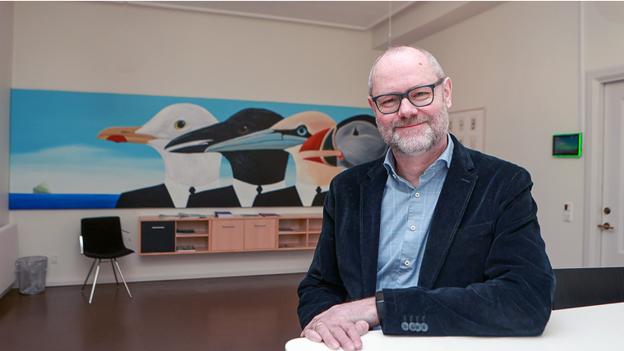
Faroe Islands strengthen their position in Nordic research co-operation
The Faroe Islands’ recent membership of NordForsk’s board marked an important step on the way to a greater role in Nordic research co-operation. According to various groups, the Faroe Islands has a significant contribution to make
Education and research are in demand in the Faroe Islands. In recent years, despite its relatively small size, the autonomous territory has invested heavily in expanding the university’s range of courses, producing more PhD students and strengthening international research co-operation.
Djóni Nolsøe Joensen is Minister of Children and Education in the Faroe Islands and is responsible for the research policy area. He makes it no secret that it’s important for the Faroe Islands to have a strong voice in Nordic research co-operation. Some 20 to 30 years ago, a political desire arose in the Faroe Islands to obtain full membership in the Nordic Council and the Nordic Council of Ministers, he tells. Although this hasn’t been possible, the Faroe Islands instead apply for membership of small areas at a time, just as they’ve now been granted a seat on NordForsk’s board.
“We want to represent ourselves as a country and strengthen our participation in Nordic research co-operation, regardless of our affiliation with Denmark. We have independent legislation in so many areas in the Faroe Islands, and so it’s natural for us to have this within the Nordic context, too. The commitment and motivation it requires from us is much greater when we represent ourselves.”


Djóni Nolsøe Joensen has been the Faroe Islands’ Minister of Children and Education since December 2022 and represents the social democratic party Javnaðarflokkurin. He is a member of the Nordic Council of Ministers for Education and Research
(MR-U)
Full membership required
According to the minister, transferring the observer role into full membership makes a big difference:
“This means that we’re perceived to be more on an equal footing with the other countries. Although it obliges and requires us to make the necessary effort, it’s only once when we have full membership that we get the full benefit of Nordic co-operation. This makes us feel a greater sense of ownership because we gain greater influence,” he says and continues:
“In our coalition agreement, we’ve decided that research must be prioritised and, in the long term, given an even higher priority. At the moment, the budget is DKK 300,000 and we’d like to increase it to around DKK 1.5 million. Although we must contribute more money in the long term, of course, measured in terms of population, we’re on a par with the other Nordic countries.”
However, Djóni Nolsøe Joensen also sees some challenges in a new and enlarged role within Nordic research co-operation. Compared with the other Nordic countries, the Faroe Islands have a relatively small university and research capacity, which means they must prioritise how much they can engage in the various research areas.
To the question of what Nordic co-operation means compared with European research, the answer is: “The Nordic countries are closer to each other than the rest of Europe. We’re part of the European project Horizon Europe and, as I see it, one doesn’t exclude the other. Time will tell whether we should perhaps focus more on Nordic than European research, but right now we want to be involved on both fronts and learn from it.”
Two plus two makes more than four


Annika Sølvará is Director at Research Council Faroe Islands and a member of NordForsk’s board
Annika Sølvará has an office in the little blue building with the red roof. She is Director at Research Council Faroe Islands, Granskingarráðið, and a representative on NordForsk’s board. The Research Council Faroe Islands has a central location in the old warehouse at the Tórshavn harbour. On one side there’s a view of the cathedral, and on the other they can look at the fishermen selling the morning’s catch.
“Where we previously had the opportunity to apply for calls, now that we’ve become a full member of NordForsk’s board, we’ll be putting money on the table ourselves, which also gives us a greater mandate to help design future calls. It’s both a great privilege and responsibility. Now that we’ve asked to be involved, we must also be active, but acknowledge that we have limited resources and muscle compared to the other Nordic countries,” she says and continues:
“In my opinion, we have a lot to give and a lot to gain by strengthening co-operation. Two plus two makes much more than four. Nordic research co-operation is important, and we in the Faroe Islands are part of the family.”
Our geographical location makes us interesting


Martin Tvede Zachariasen is rector at the University of the Faroe Islands and took up the position in January 2023. Fotographer: Álvur Haraldsen
At the University of the Faroe Islands, Fróðskaparsetur Føroya, which was established in 1965, there are around 100 scientists spread over five faculties. Unlike the other Nordic countries, the Faroe Islands only have one university, but according to the newly appointed rector Martin Tvede Zachariasen, the Faroe Islands are interesting not least because of their geographical location:
“We’re located in the middle of the North Atlantic, and our location makes us interesting in terms of research and security policy. We’re also a small society that depends on the sea and fishing, which is the focus of a lot of research up here. In addition, we’re a very homogeneous country compared to other populations, which makes us unique in terms of health research.”
According to Zachariasen, the research areas which are particularly important for the Faroe Islands are language and culture, history, social conditions, oceans and aquaculture, energy and health research.
For the research environment in the Faroe Islands, it’s important to enter into co-operation with researchers and research institutions in the rest of the Nordic Region: “It really means a lot, and because we’re so small it’s important to have co-operation agreements. We can’t build large academic environments ourselves and are dependent on co-operation with other universities.”
NordForsk went to the Faroe Islands to understand the importance of Nordic research co-operation for the Faroese.
This is the first part in the series.



